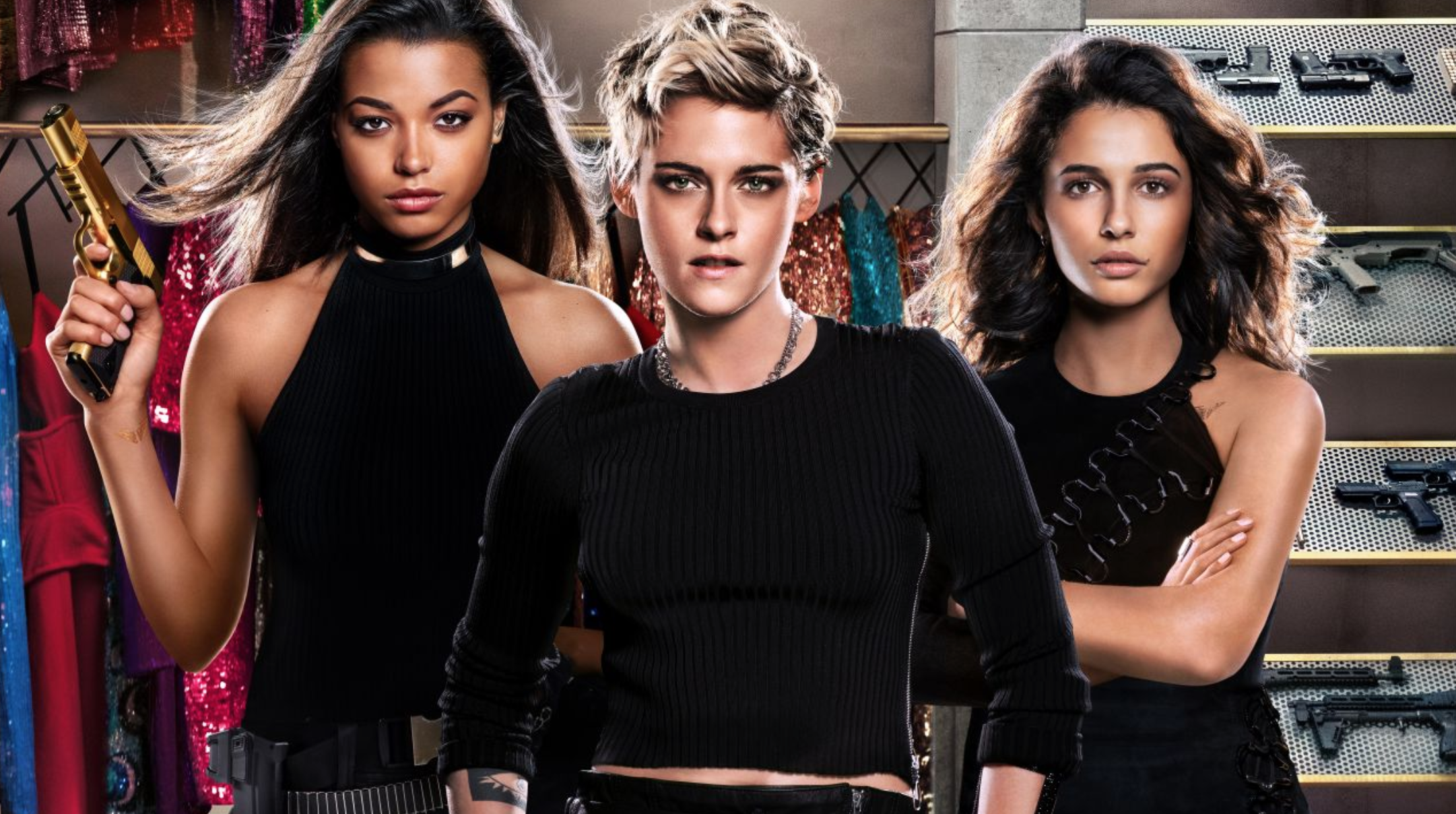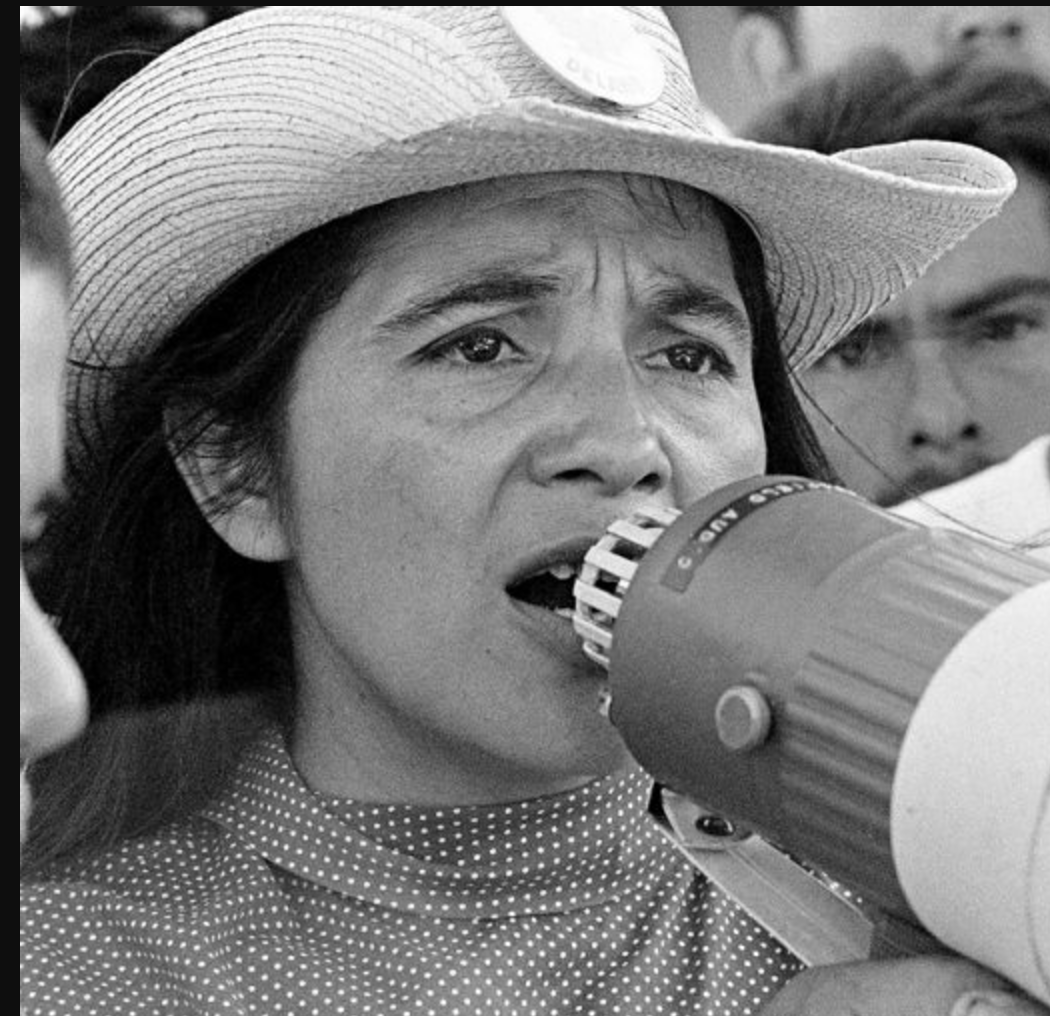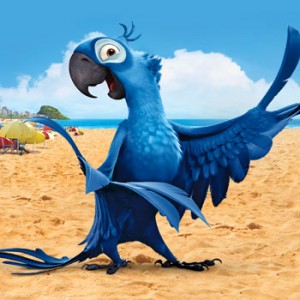
It’s really unfortunate that so few studio films directed by women are released each year, not least because it puts so much pressure on female filmmakers that have been graced with (read: exhausted themselves get to) the rare opportunity. Fortunately, one of the most anticipated of these, Charlie’s Angels, is a frothy, entertaining delight, and with any luck will reaffirm that films with women both in front of and behind the camera are good for business.
Elizabeth Banks does triple duty as screenwriter, director and co-star in this latest iteration of the iconic 70s show. It is decidedly from the female gaze, and for the better. The story follows the same sort of convoluted, red herring-heavy business fans of former angels will recognize, with the usual ass-kicking Elite Model Agency-ready 20-somethings.
Wisecracking Sabina Wilson (Kristen Stewart) has a precarious professional relationship with former MI-6 agent Jane Kano (the stately Ella Balinska) as part of a worldwide clandestine assemblage of highly-trained female spies. They are called in to assist when brilliant systems designer Elena Houghlin (Naomi Scott) alerts the Townsend Agency about the danger her new technology poses if in the wrong hands. Banks plays one of the many Bosleys (now a rank or designate, rather than a name) who shepherds them through a life-threatening assignment to get the technology back before it’s weaponized and sold to the highest bidder.
What is most winning in this new permutation of Charlie’s Angels is the chemistry between the three leads, and the balance of character traits each possess, and how they play off each other. Stewart shows her facility with timing, deadpanning one-liners while dispatching baddies with relative ease. It’s also refreshing that she plays Sabina as queer, shown in the subtle ways she favors various co-stars with her interest, but she’s also multi-dimensional. Balinska’s Jane is coldly professional on the surface, but reveals damage from past experience as the plot unfolds. Scott is untrained, and the new girl on the block. As such, she does a fair amount of screaming and finds herself in need of rescue, though it’s the other angels that come to her aid. These sisters aren’t just doing it for themselves, they’re also doing it for each other.
This is the second outing as feature director for Banks, who helmed Pitch Perfect 2. She leverages on her collaborators, Cinematographer Bill Pope, Production Designer Aaron Haye, and Editors Alan Baumgarten and Mary Jo Markey, to create a cohesive visual story together. On the less successful front, the film would have benefitted from being shorter, the dialogue could have leaned less on Stewarts’ wisecracking, and the story twists could have been less obvious. However, for girls who want to see themselves represented onscreen, not only are these three angels diverse, they also operate in a world where girls can and are the best they can be, and their experiences, however seemingly trivial as part of the script, reflect far more full fleshed out human beings. They may be dressed beautifully and using their beauty as weapons, but they do it on their own terms, with great flair, and always while standing in their own power.
Blockbusters don’t have to be perfect. Their primary goal is to entertain, and Charlie’s Angels does just that. Let’s hope it is the latest proof that women, who make up 47% of the ticket-buying public, and 51% of moviegoers, deserve films in which they can see and celebrate themselves and their friends. We deserve it.
3 out of 5 stars



